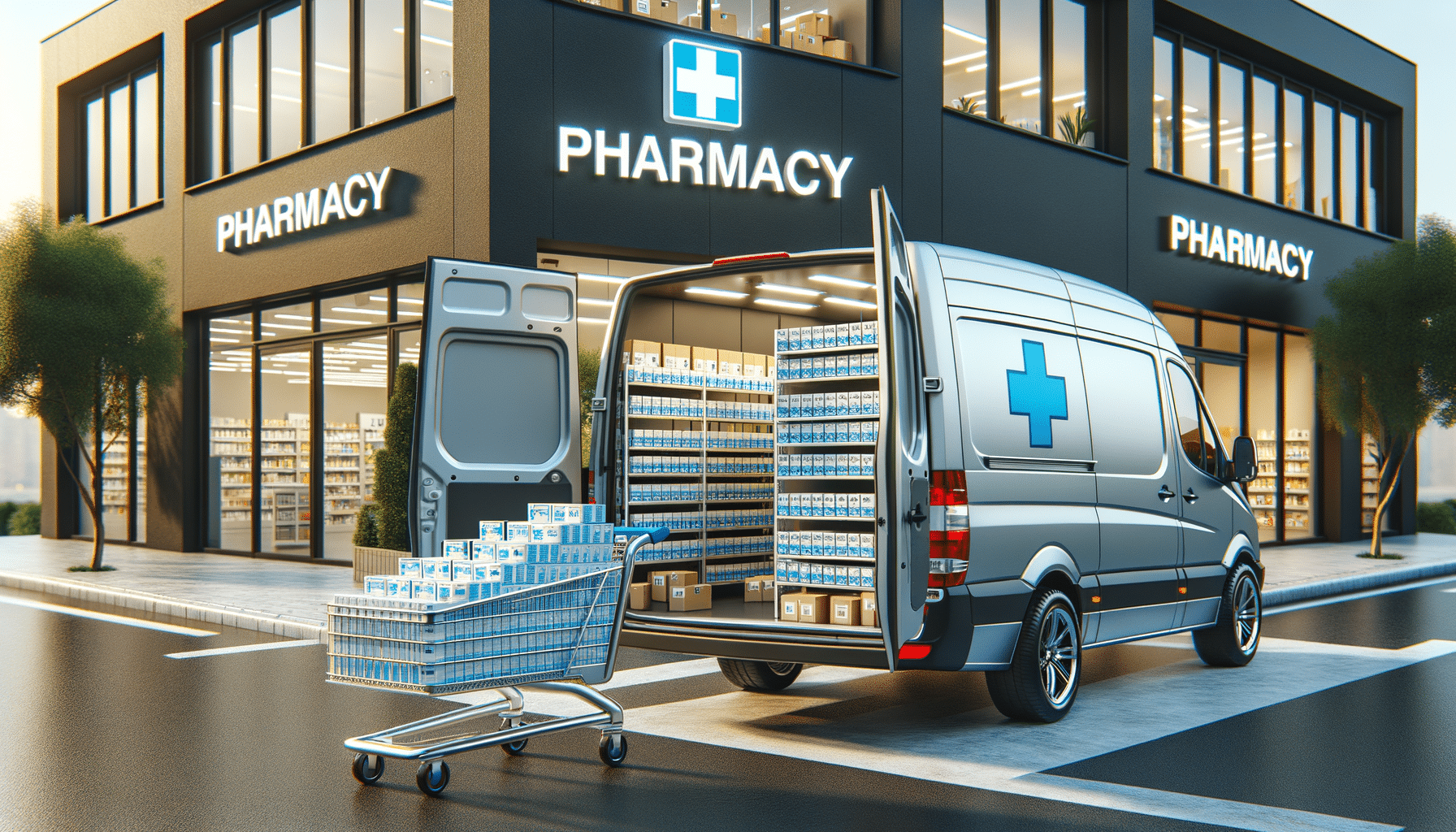
How to Become a Medicine Delivery Driver
Introduction to Medicine Delivery Drivers
In the modern world, the demand for convenient and efficient delivery services has significantly increased, and the healthcare sector is no exception. Medicine delivery drivers play a crucial role in ensuring that prescriptions and medical supplies reach their destinations safely and on time. This role is essential not only for maintaining the health of individuals but also for supporting healthcare facilities in their operations. Understanding the responsibilities and requirements of a medicine delivery driver can be beneficial for those interested in pursuing a career in this field.
Key Responsibilities of a Medicine Delivery Driver
Medicine delivery drivers have a range of responsibilities that require attention to detail and a commitment to safety. Some of the primary duties include:
- Transporting prescriptions and medical supplies to homes, clinics, or care facilities.
- Planning efficient routes to ensure timely deliveries.
- Maintaining the integrity and security of the medicines during transit.
- Adhering to health and safety regulations, including handling hazardous materials when necessary.
- Communicating effectively with healthcare providers and patients to confirm delivery details.
The role demands a high level of responsibility, as drivers must ensure that medications are delivered without delay or damage. This requires not only logistical skills but also a strong sense of duty and reliability.
Skills and Qualifications Required
To become a successful medicine delivery driver, certain skills and qualifications are necessary. These include:
- A valid driver’s license and a clean driving record.
- Strong organizational and time management skills.
- Basic understanding of medical terms and prescription labels.
- Excellent communication skills for interacting with clients and healthcare professionals.
- Physical stamina for handling deliveries and navigating various environments.
Additionally, some employers may require a background check and drug screening to ensure the safety and security of the deliveries. Continuous training in safety protocols and customer service can further enhance a driver’s ability to perform their duties effectively.
Challenges Faced by Medicine Delivery Drivers
While the role of a medicine delivery driver is rewarding, it also comes with its set of challenges. These can include:
- Dealing with traffic and weather conditions that can affect delivery times.
- Managing the expectations of clients who may require urgent deliveries.
- Ensuring compliance with regulatory standards for transporting medical products.
- Handling delicate or hazardous materials with care.
Overcoming these challenges requires a proactive approach and the ability to adapt to changing circumstances. Drivers must be prepared to handle unexpected situations while maintaining a focus on delivering quality service.
The Future of Medicine Delivery Services
The future of medicine delivery services looks promising, with advancements in technology and logistics paving the way for more efficient and reliable delivery systems. Innovations such as drone deliveries and automated vehicles are being explored to enhance the speed and safety of medical deliveries. Furthermore, the increasing prevalence of telemedicine and online pharmacy services is expected to drive demand for skilled delivery drivers who can meet the growing needs of the healthcare industry.
As the sector evolves, medicine delivery drivers will continue to play a vital role in connecting patients with the medications they need, ensuring better health outcomes and supporting the overall healthcare infrastructure.


